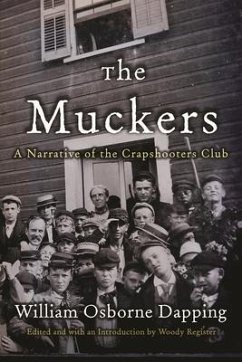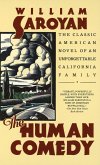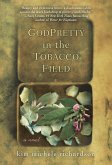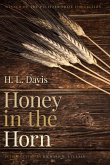In 1899, William Osborne Dapping was a Harvard-bound nineteen-year-old when he began writing down exploits from his rough childhood in the immigrant slums of New York City. Now published for the first time, The Muckers: A Narrative of the Crapshooters Club recovers a long-lost fictionalized account of Dapping's life in a gang of rowdy boys. Simultaneously a polished work of social reform literature and a rejoinder to the era's alarming exposes of the "dangerous classes," The Muckers stands as an important reform era primary document. The thinly disguised autobiographical narrative is told in the slangy, profane voice of the gang's leader, Spike, who describes life through the eyes of the young boys who thronged the city's streets, hawking newspapers, playing baseball, shooting craps, pilfering beer, and tormenting any and all adult authorities. These muckers are dirty and insubordinate, and prefer to steal rather than to work, but they also possess a high-spirited zest for life and mischief, a wily intelligence, and a sturdy code of honor that help them exploit the good intentions of social reformers and survive in a darkly violent and hypocritical world. Historian Woody Register's introduction explores the book's documentary value as a social history of 1890s tenement life; as a literary work that challenged the conventions of writing about children and the poor; and as a window through which to observe the remarkable story of the author's transformation from slum mucker to Harvard man. Destined to become a classic of Progressive Era literature, The Muckers reads with the lively cadence of a novel, told in the voice of an unforgettable narrator of wit, grit, and heart.
Hinweis: Dieser Artikel kann nur an eine deutsche Lieferadresse ausgeliefert werden.
Hinweis: Dieser Artikel kann nur an eine deutsche Lieferadresse ausgeliefert werden.








